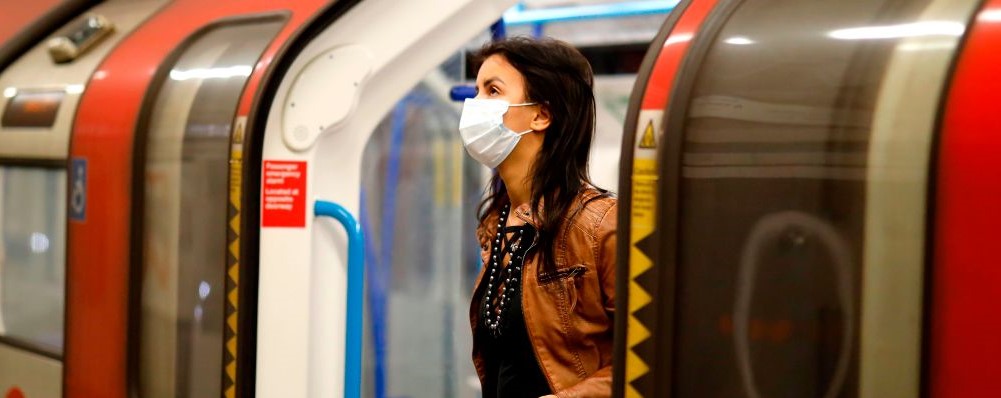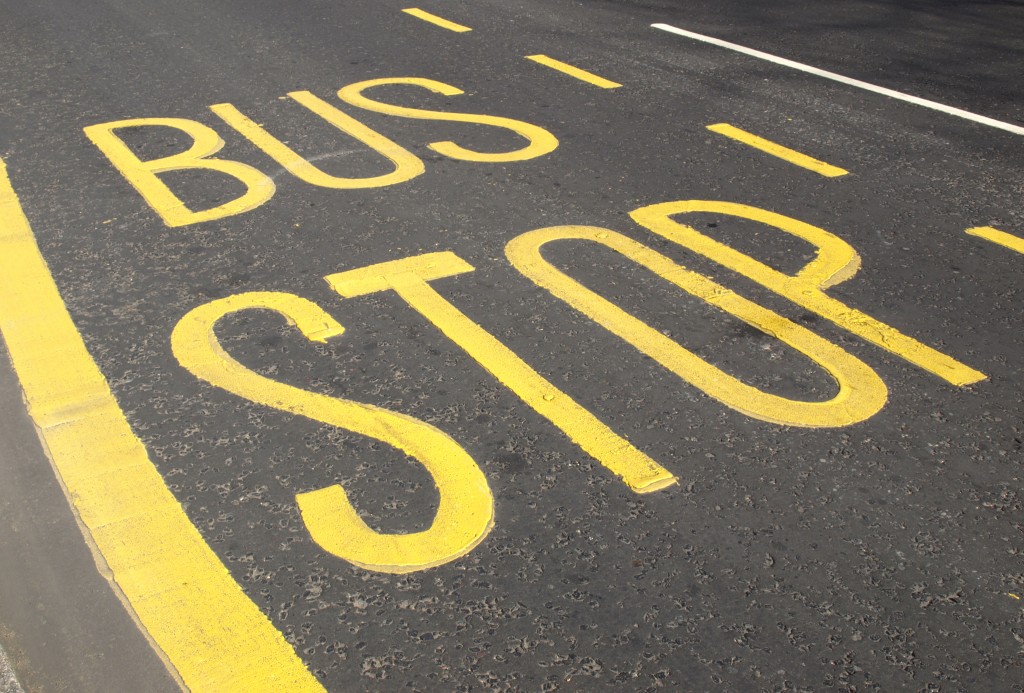Uber buses?
Unite has criticised on-demand bus services to be trialled by Transport for London (TfL) as the union raised concerns over higher fares, safety and threats to traditional bus routes.
In what Unite has deemed the â€Uber-ification’ of buses, the new TfL service will enable passengers to book an on-demand 14-seater minibus using an app, which will allow them to choose a pick-up location and time, as well as reserve a seat. The on-demand buses will not stop on traditional routes and will instead pick up passengers from designated locations on a flexible route between 6.30am and 9.30pm.
It is expected that fares will double from the standard ÂŁ1.50 bus rate to ÂŁ3.50, which Unite has said will put the service out of reach for low-paid workers. The on-demand service will not be integrated into the OysterCard payment system, meaning passengers can only pay through the app or through a telephone operator.
The TfL project is currently under consultation, which opened on February 20 and will end on March 20 – the 12-month trial is expected to begin in May in Sutton, south London.
The trial comes in the wake of a failed mini-bus venture by Ford called Chariot. Like TfL’s proposed project, Chariot ran a 14-seater minibus service in cities in the US as well as in London. It closed its London operations in January and likewise ended the venture in the US shortly after, calling the service â€unsustainable’.
Commenting on TfL’s project, Unite regional officer John Murphy warned that “there is a real danger with the creation of on-demand buses, that TfL are preparing to apply the gig economy to London buses.
“We have already seen massive cuts in central London bus routes, with the money being funnelled into this vanity project, if the trial is extended other routes face the axe,” he added.
“The service will be available at peak times for those who can afford the estimated £3.50 fare. This will be advantageous to a few elite users while hitting low paid workers, who rely on buses to get to work, squarely in the pocket.”
Murphy also noted that the service “directly contradicts the mayor’s commitment to freeze fares, as users will be charged more than double the existing fare.
“It will create two categories of bus users — those who are fully tech savvy and with additional money, who are being given carte blanche to effectively queue jump, while other customers face having a longer wait for their buses,” Murphy pointed out.
“If people use on demand buses during peak hours it will undermine the viability of standard bus routes and result in further cuts to the service. On demand buses will only operate during selected times, creating a real danger that the number of standard buses will be further cut to pay for the new service.”
Indeed, TfL confirmed in September that it would be axing or shortening dozens of London bus routes.
Murphy also highlighted the potential safety risks, noting that as on-demand services develop “minibuses from different companies will inevitably end up racing each other to pick up as many fares as possible. This will resemble the wacky races with the safety of customers, passengers and other road users being placed in danger.”
Liane Groves, national co-ordinator for Unite Community, which has previously organised grassroots campaigns to save local bus routes, called on-demand bus services a “slippery slope that could lead to fewer buses and the axing of unprofitable routes.
“Communities rely on their bus services and many including pensioners, students, claimants and the low-paid won’t be able to get the service they need,” she said.
Murphy agreed.
“Unite is urging TfL to stop wasting time and money and to concentrate on giving London the effective and affordable bus services that all Londoners deserve,” he said.
Read more about the ongoing consultation – and how you can contribute your thoughts in the consultation survey here.
 Like
Like Follow
Follow


